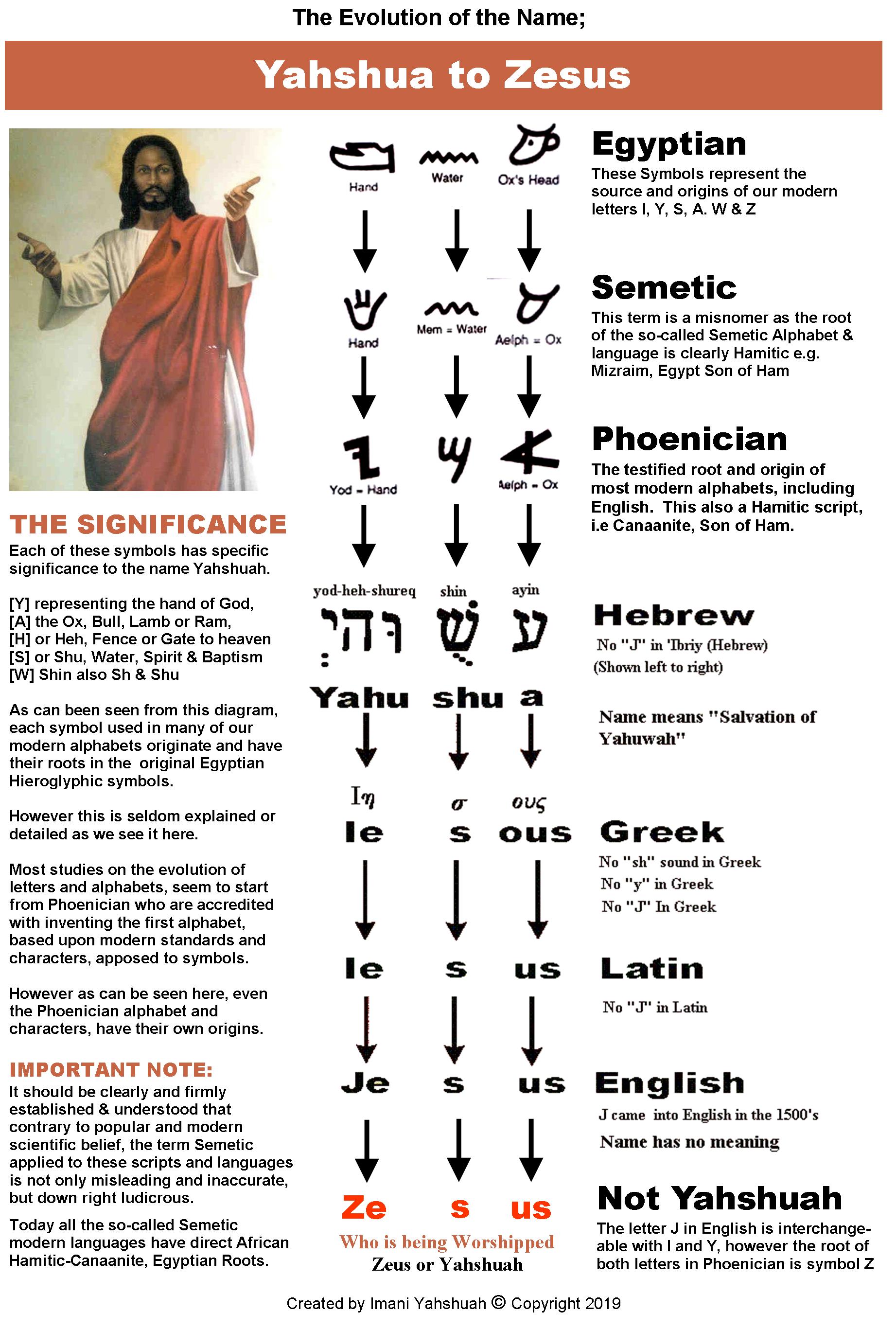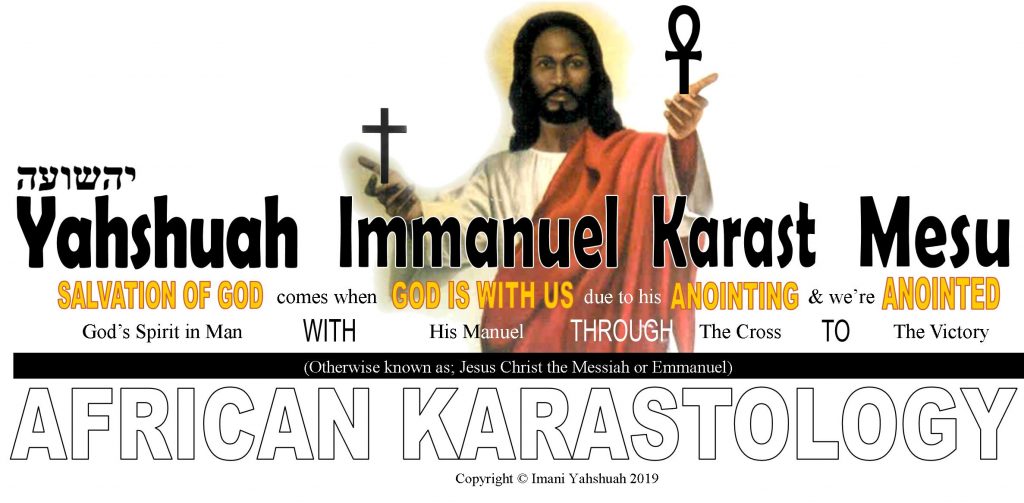
What is The meaning of Yahshuah Karast Mesu?
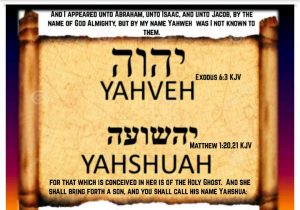 The name Yahshuah, corresponds directly to the name in Hebrew of the Messiah and Son of God, otherwise known as Jesus. The name similar to other modern renditions of the Hebrew name’s such as Yeshua, Yoshua, Yahsua, etc, adds the needed vowels, for the sake of pronunciation, to the original letters for his name, as they are written in ancient manual scripts, as the Hebrew script was written without vowels. The name Yahshuah, the ones mentioned above and a wide variety of similar renditions, used today to pronounce the name of The Lord, excepting Jesus, are all acceptable pronunciations, based upon the fact that they all translate to mean God’s Salvation or the Salvation of God, directly from Hebrew.
The name Yahshuah, corresponds directly to the name in Hebrew of the Messiah and Son of God, otherwise known as Jesus. The name similar to other modern renditions of the Hebrew name’s such as Yeshua, Yoshua, Yahsua, etc, adds the needed vowels, for the sake of pronunciation, to the original letters for his name, as they are written in ancient manual scripts, as the Hebrew script was written without vowels. The name Yahshuah, the ones mentioned above and a wide variety of similar renditions, used today to pronounce the name of The Lord, excepting Jesus, are all acceptable pronunciations, based upon the fact that they all translate to mean God’s Salvation or the Salvation of God, directly from Hebrew.
The name Yahshuah however, although being authentic and an acceptable name to call and describe the Son of God, in our modern times, still in the Christ’ own native tongue.
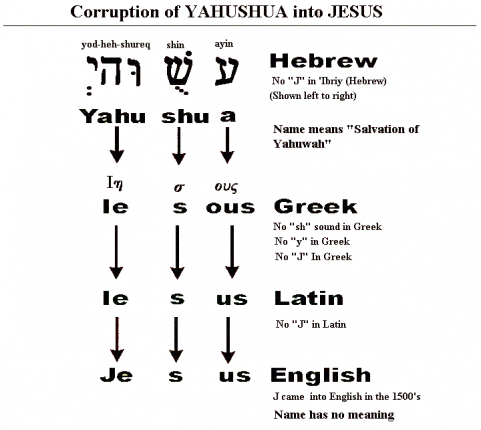 This pronunciation and its particular spelling, along with the corresponding titles of the Karast and Mesu, has however their own specific unique relevance and significance to African people and African Spirituality directly. This name and its titles, as it is now here being used, with their particular spellings, also incorporates the words, when translated into and from the most ancient of African and world religious text, namely Hieroglyphics or the Medu Neta, The Sacred Writing to; Yah, a very early description or name for God, used by the ancient Egyptian; and then Shu, the name they used to describe a spiritual aspect or kind of air, or in our case Spirit and finally; Ah, the ancient Egyptian word for man. In addition to this we also have the title Karast an Ancient Egyptian term for the anointing of the body for burial and also Mesu, another Ancient Egyptian term meaning anointed or the Anointed One. It should also be fully understood here, that both these Egyptian terms or words Karast & Mesu, are also linguistically, historically and anthropologically proven to be the root words and the origins of the Greek word Christ or Kristos, ie. Karast and the early Hebrew word Messiah, both borrowed from Egypt and meaning the exact same thing i.e. Anointed, however with differing cultural meanings.
This pronunciation and its particular spelling, along with the corresponding titles of the Karast and Mesu, has however their own specific unique relevance and significance to African people and African Spirituality directly. This name and its titles, as it is now here being used, with their particular spellings, also incorporates the words, when translated into and from the most ancient of African and world religious text, namely Hieroglyphics or the Medu Neta, The Sacred Writing to; Yah, a very early description or name for God, used by the ancient Egyptian; and then Shu, the name they used to describe a spiritual aspect or kind of air, or in our case Spirit and finally; Ah, the ancient Egyptian word for man. In addition to this we also have the title Karast an Ancient Egyptian term for the anointing of the body for burial and also Mesu, another Ancient Egyptian term meaning anointed or the Anointed One. It should also be fully understood here, that both these Egyptian terms or words Karast & Mesu, are also linguistically, historically and anthropologically proven to be the root words and the origins of the Greek word Christ or Kristos, ie. Karast and the early Hebrew word Messiah, both borrowed from Egypt and meaning the exact same thing i.e. Anointed, however with differing cultural meanings.
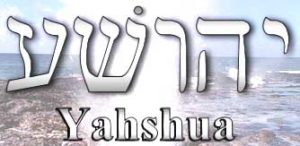 Put together and in the context of African Spirituality, not only do all these names and titles still correspond directly to the actual Hebrew meaning of the name, God’s Salvation, and his accepted titles, but they also adds further insights and relevance to its meaning by explaining how, i.e. Yah = God, Shu = Spirit and Man or simply God’s Spirit in Man achieved through the Anointing of Yahshuah as the Good Shephard on earth and his Crowning Glory, his Sacrifice, Conquest and resurrection from the grave symbolising Him being fully anointed as Lord, King, God and Saviour.
Put together and in the context of African Spirituality, not only do all these names and titles still correspond directly to the actual Hebrew meaning of the name, God’s Salvation, and his accepted titles, but they also adds further insights and relevance to its meaning by explaining how, i.e. Yah = God, Shu = Spirit and Man or simply God’s Spirit in Man achieved through the Anointing of Yahshuah as the Good Shephard on earth and his Crowning Glory, his Sacrifice, Conquest and resurrection from the grave symbolising Him being fully anointed as Lord, King, God and Saviour.
This name the titles and their particular spellings are therefore used to help achieve the main purpose and objective of this Temple, to reconnect people African people in particular, but not exclusively, personally with and directly to The Christ, through their Own Temple and to Yah’s Spirit in Themselves.
